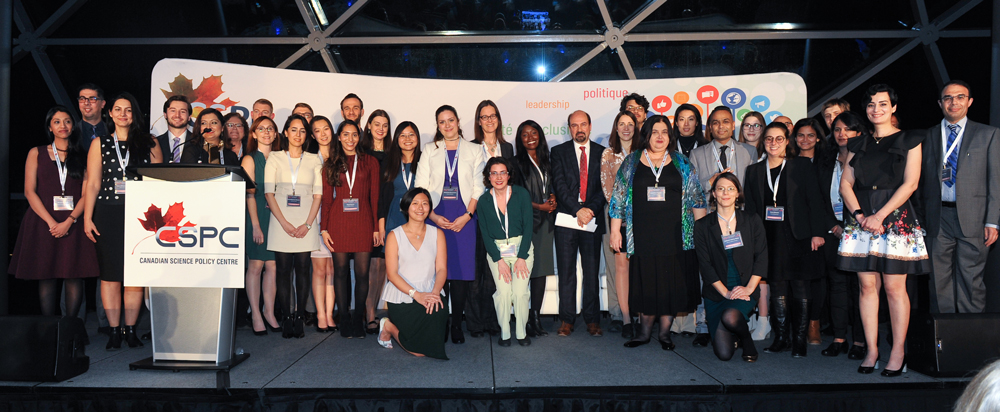CSPC’s guiding vision is a strong, inclusive, and effective science policy community that contributes to the well-being of Canadians. CSPC’s mission is to operate as an inclusive hub for connectivity, convening, capacity building, and catalyzing research in support of an effective science policy community.
CSPC offers engaging opportunities and content, including:
- Annual Canadian Science Policy Conference: The conference is among the most comprehensive global science and innovation policy forums, and the largest gathering of members of the Canadian science policy community
- Workshops: Customized training sessions designed to enable the next generation of science policy experts
- Science Meets Parliament: A two-day presence on the national parliament connecting scientists with parliamentarians for dialogue and mutual learning
- CSPC Virtual Sessions: Online interviews and panel discussions with key members of Canada’s science and innovation community
- Editorials: Opinion, commentary, and critique from members of the science and innovation policy community on wide range of issues
- The Canadian Science Policy Magazine: An annual magazine that features insight and reflections from the frontier of science and policy innovation
- Youth Science Policy Award of Excellence and Exceptional Contribution to Science Policy Award: Celebrations of impactful contributions in Canadian science and innovation policy
- Volunteer Opportunities: As the largest science and policy capacity-builder in Canada, much of CSPC’s work is driven by engaged, committed volunteers.
For more information about CSPC, view our strategic plan.






